Democracy isn’t Dead; it Never Existed in the First Place
*Opinions expressed in this article represent the views of the writer and not necessarily that of the school population or administration.
Democracy is a sacred tool amongst the American people; one that not only fortifies the nation’s government and acts as the backbone for our political structure, but one that provides freedom of expression and opinion to those within the United States. Democracy is everything, it is the first thing that you think of when defining the American government, it is the very fabric of each and every election, an element so important to American politics that they are truly in conjunction with one another. Despite this, democracy is considered to be in danger. Stanford political scientist Terry Moe, in his new book Presidents, Populism, and the Crisis of Democracy, discusses the crisis of democracy within modern day politics.
“The nation has entered a treacherous new era in its history, one that threatens the system of self-government that for more than two hundred years has defined who we are as a country and as a people.” The culprits? Immense globalization, automation, and immigration, forces that have, he claims, created “economic disruptions” and “cultural anxieties” for many Americans, particularly less-educated, rural low class whites, crucial members of the American governmental system.
But here is an important question to consider in the potential danger of democracy: did it ever exist in the first place?
Technically, no.
America’s government is actually defined as a democratic republic, following the principle that elected officials chosen by the people advocate for the issues of Americans, as opposed to true, direct democracy, in which the people decide which laws and policies should be enacted. The Electoral College is an example of an element of a democratic republic, where elected representatives from each state vote on the next presidential candidate in a supposedly representative system. The Electoral College, as stated in Article II, Section 1, determines the President and Vice President of the United States, usually in line with the popular vote. But countless elections have disproved that the democracy is truly representative. Most recently, the 2016 election, in which Hillary Clinton won the popular vote while Donald Trump won in the Electoral College, establishing him as the 45th president. Or in 1888, Benjamin Harrison won the Electoral College but not the popular vote, defeating Grover Cleveland and making Cleveland the only president to serve two non-consecutive terms. The list goes on and on. The Electoral College was built on the foundation of the natural rights listed in the Declaration of Independence, granted to privileged white males who owned land. This is displayed through the three-fifths clause, which counted slaves as three-fifths of a person for the purposes of congressional apportionment, which gave Southern states more representation on the backs of people who couldn’t vote for and weren’t represented by their representatives, according to the New York Times. This creates a Republican leaning Electoral College. In a modern society, we have stemmed far from this. We no longer need a system of representatives, we are the representatives, that act through our right to vote.
Sophia Bass is a senior in the Humanities house. Her favorite activities include drawing, writing, listening to music and playing the ukulele.
Favorite...


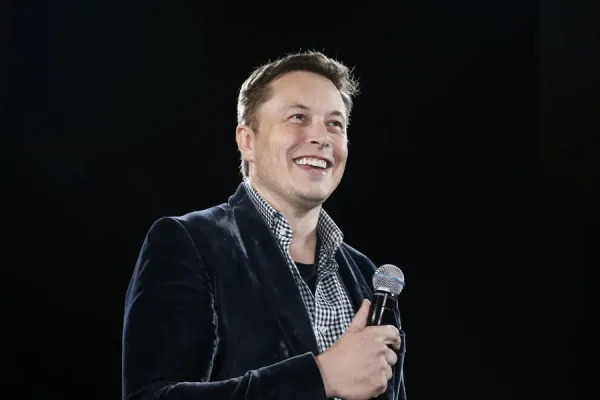
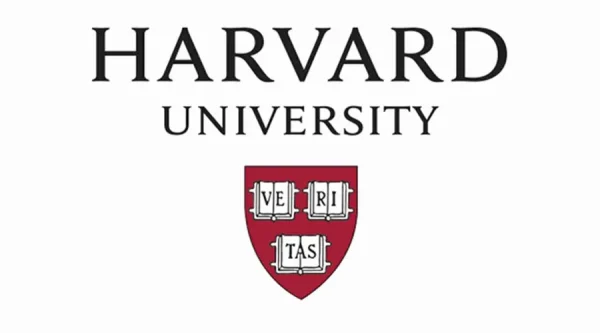
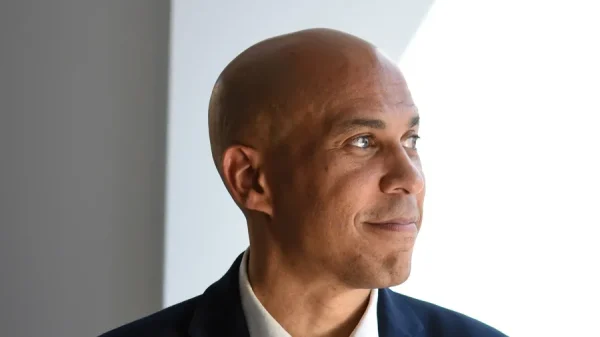

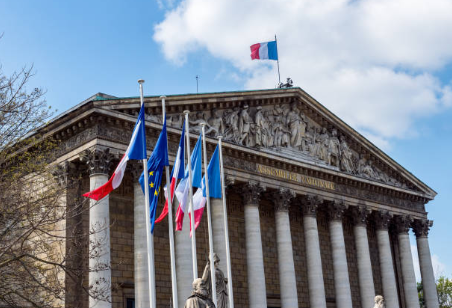
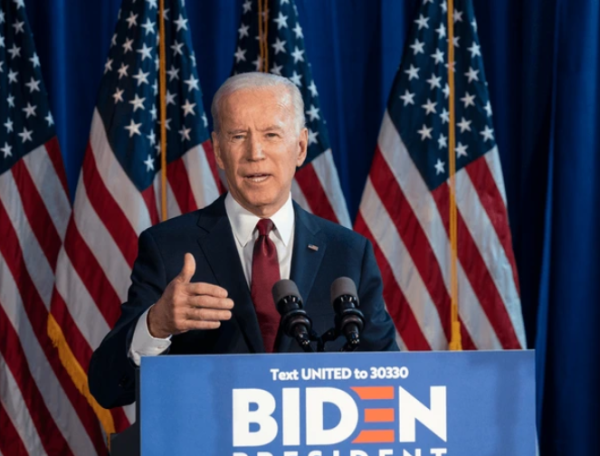
Francia • Jan 4, 2021 at 9:34 pm
When pondering this question of electoral system vs. popular voting, I’m often concerned with the entire thing devolving into a mob rule scenario and the dangers of such a society. Specially considering the mass manipulation currently being exercised amongst our communities through main stream and social media platforms.